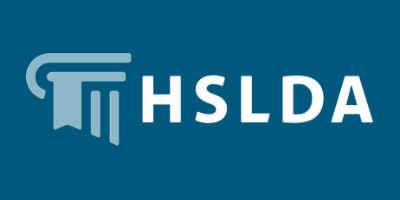Pennsylvania Homeschool Information
—Homeschool In Pennsylvania—
Homeschooling in Pennsylvania




Find Out What the State Says About Home Education
Pennsylvania School Choice
Click above for general information on the school choice.

Pennsylvania Department of Education
Click above for the state Education Information.
Pennsylvania Homeschool

8. Additional Considerations
-
Homeschoolers aren’t required to use public school materials or take public school courses (though dual enrollment may be permitted in some districts).
-
Students must still meet compulsory attendance age (from age 6 until finishing 12th grade or age 18).
-
Some counties offer support groups or co-ops; others provide CLEP or dual-credit opportunities.
✔️ What You Should Do Next
-
Contact your local school district or the PA Department of Education to request official notice of intent and detailed instructions.
-
Keep detailed daily/weekly records and work samples for each child.
-
Choose an assessment method early (standardized test or professional evaluation) so you can schedule it before the school year ends.
-
Consider joining a local homeschool network for legal help, group classes, sports, or social opportunities.
Why This Matters
Not following notice or assessment requirements can lead to your child being considered truant, which could trigger district intervention. Staying organized makes the process smooth and stress-free.
Pennsylvania K-12 School Choice

3. Homeschooling
-
Parents retain primary legal right and obligation to educate their child (Act 14, Sec. 1327 of PA School Code, 1949)
-
Must follow state requirements, including recordkeeping, assessment, and notifying school districts; no direct state funding.
💰 4. Proposed Lifeline (PASS) Scholarship (Still Not Enacted)
-
Envisioned Education Savings Accounts (ESA) funded by state dollars (not tax credits).
-
Proposed amounts:
-
$5,000/year for K–8,
-
$10,000 for grades 9–12,
-
$15,000 for special-needs students
-
-
Funds would be managed by parents via state-deposited spending accounts. Notional timeline: applications starting June 2026 .
-
Currently only a proposal, not law.
Pennsylvania School Choice Summary
Homeschool Resources for Pennsylvania
Homeschooling has been part of education for centuries. In earlier times, it was simple to begin without worrying about rules or oversight. Today, however, homeschooling regulations vary by state, and some families may find it more challenging to get started. That’s why NFC Academy provides helpful state-specific pages outlining homeschool laws—to guide and support you as you begin your journey.
In areas with stricter requirements, having reliable support is important. Organizations like the Home School Legal Defense Association (HSLDA) offer valuable legal guidance and protection, helping families stay informed and confident. With the right tools and resources, homeschooling can be a rewarding and manageable experience, no matter where you live.
Information on this page is intended for informational purposes for homeschool families in the specific state. The information supplied does not, nor is it intended to, provide specific legal advice. For specific legal advice, we recommend you consult an attorney. Membership with Homeschool Legal Defense may provide legal information for your situation, but you may prefer a local private attorney to review your situation to provide specific legal advice.



